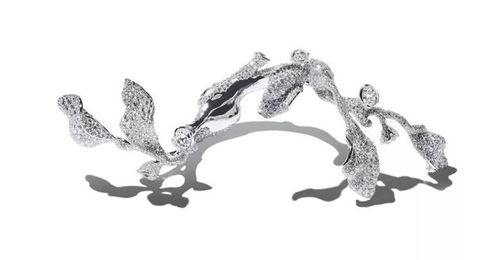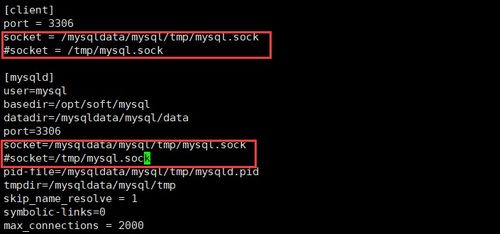Content:
In the vast world of angling, where the pursuit of tranquility meets the thrill of the catch, it's no surprise that a plethora of fishing techniques have emerged over the years. From ancient methods passed down through generations to cutting-edge technologies developed in modern times, the wealth of information available to anglers can be both a blessing and a curse. When faced with an overwhelming array of fishing tips and tricks, the question arises: what can anglers do when the floodgates of fishing techniques seem to have burst open? Here's a guide to navigating the overabundance of fishing techniques and finding your own path to success on the water.
Assess Your Experience Level
Before diving into the sea of fishing techniques, it's crucial to assess your own experience level. A beginner might find themselves overwhelmed by complex lures and advanced techniques, while an experienced angler may feel stifled by overly simplistic advice. Understand where you stand in the spectrum of fishing expertise, and tailor your approach accordingly.
Focus on the Basics
The most effective way to manage the overload of fishing techniques is to start with the basics. Learn the fundamental skills of casting, knot tying, and fish identification. Once you have a solid foundation, you can gradually introduce more advanced techniques as you grow in confidence and skill.

Seek Quality over Quantity
Not all fishing tips are created equal. Instead of trying to absorb every piece of advice you come across, focus on the quality of the information. Look for techniques that are well-researched, have a strong track record, and align with your personal preferences. Remember, it's better to master a few techniques thoroughly than to be a Jack of all trades and master of none.
Join a Community
One of the best ways to navigate the overabundance of fishing techniques is to join a community of anglers. Whether it's an online forum, a local fishing club, or a social media group, being part of a community can provide you with valuable insights and personalized advice. Fellow anglers can offer their own experiences, recommend specific techniques, and help you avoid common pitfalls.
Experiment and Adapt
Fishing is as much an art as it is a science, and part of the fun is experimenting with different techniques to see what works best for you. Don't be afraid to try new things and adapt your approach based on what you learn. The more you fish, the better you'll understand what works in your particular environment and with the species you're targeting.
Prioritize Local Knowledge
While there are universal fishing techniques that apply to many different situations, local knowledge can be invaluable. Each body of water has its own unique characteristics, and understanding the local conditions can make a significant difference in your success. Seek out local anglers or guides who can provide insights into the best techniques for the specific waters you're fishing.
Stay Informed, but Stay Skeptical
With the internet at our fingertips, it's easier than ever to stay informed about the latest fishing techniques. However, it's important to approach this information with a healthy dose of skepticism. Not everything you read online is reliable, and some techniques may not be suitable for your situation. Use critical thinking to evaluate the information and decide what's worth trying.
Embrace the Learning Process
Fishing is a lifelong learning experience. Embrace the process of learning and growing as an angler. There will always be new techniques to discover, and the more you fish, the more you'll learn about what works and what doesn't. Remember that the journey is just as important as the destination.
In conclusion, when faced with the overabundance of fishing techniques, it's important to approach the situation with a clear head and a strategic plan. Assess your experience level, focus on the basics, seek quality over quantity, join a community, experiment, prioritize local knowledge, stay informed but skeptical, and embrace the learning process. By doing so, you'll be well on your way to becoming a skilled and knowledgeable angler who can navigate the vast sea of fishing techniques with confidence.












